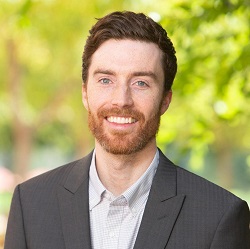
QUANTITATIVE RESEARCH METHODS WORKSHOP
Abstract: Recent decades have seen major disruptions to the local media environment in the United States. The changing economics in local news media has resulted in the purchase of many previously independent local television outlets by conglomerates as well as the consolidation of existing ownership groups. The economic incentives of media conglomerates lead to cost-cutting through the nationalization of news and disinvestment in local reporting, with implications for voters’ ability to obtain information about local politics. We examine the political implications of media ownership consolidation, exploiting the purchase of media outlets by conglomerate owners. Using local elections and political participation data, we show an increase in incumbency advantage, decreases in election competitiveness, and decrease in the rate of contested elections associated with the acquisition of a local media outlet by a conglomerate owner. These results hold implications for the ability of voters to hold elected officials accountable and for the regulation of media ownership.
Gregory J. Martin is an associate professor of political economics at Stanford Graduate School of Business. He previously held a faculty position in the department of political science at Emory University. His research focuses on political marketplaces, including the market for political news, the political media consulting industry, and the allocation of grant funding by legislatures. Martin earned his PhD in political economics at Stanford GSB and an SB in economics from the Massachusetts Institute of Technology.
This workshop is open to the Yale community. To receive announcements and invitations to attend, please subscribe at https://csap.yale.edu/quantitative-research-methods-workshop.
This workshop is cosponsored with the Leitner Political Economy Seminar.
The Quantitative Research Methods Workshop is sponsored by the ISPS Center for the Study of American Politics and The Whitney and Betty MacMillan Center for International and Area Studies at Yale with support from the Edward J. and Dorothy Clarke Kempf Fund.
